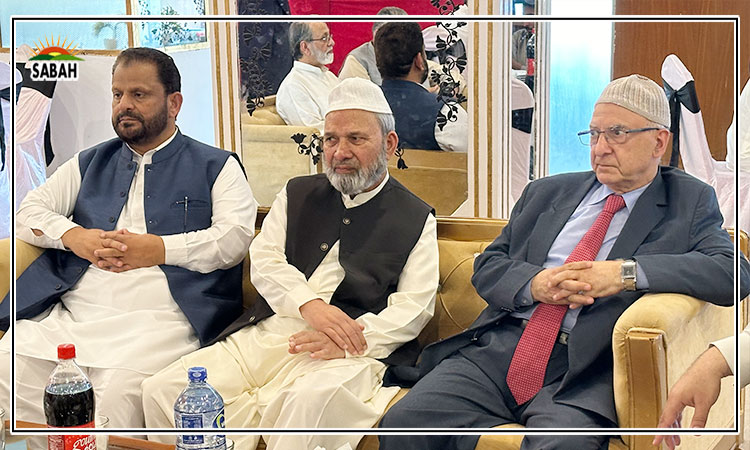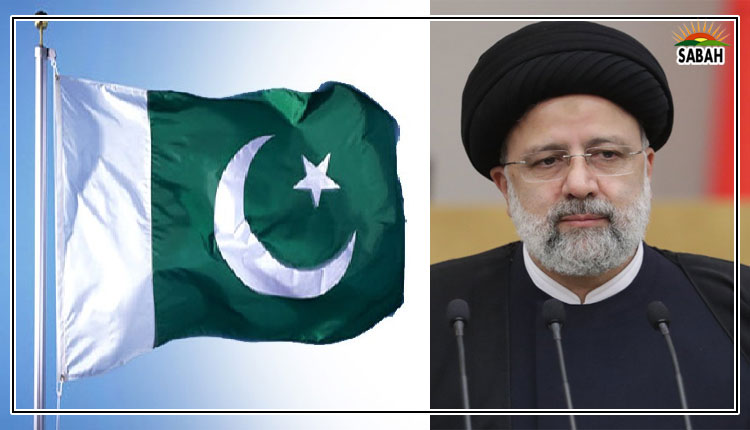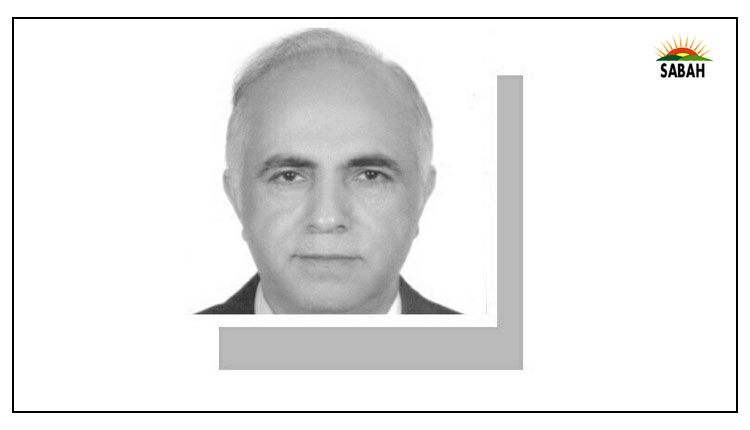Crisis of empathy …. Jan-e-Alam Khaki
THERE are many concepts that are shared by all human beings across the globe. One of them is empathy. Through many of my previous articles in these columns, I have focused on universal values, attitudes and beliefs that connect us to the core values of who we are as human beings, highlighting our humanness to promote universal brotherhood and sisterhood. In this, my 50th article for Dawn, I wish to dedicate this piece to a very cherished human concept — empathy.
‘Empathy’ is part of a family of words that denote a moral concept which goes beyond ordinary ethics, such as sympathy, affection, sharing feelings as if one feels the other person’s pain. Empathy is generally described as the ability to take on another’s perspective, to understand, and possibly share and respond to their experience.
Empathy can also refer to a sense of harmony between people with the same taste, disposition, or opinion. When a person feels empathy towards a cause or an organisation, they have feelings of approval, loyalty, or support. Sympathy, compassion and care are acts that belong to the family of empathy.
Meanwhile, the polar opposite of empathy are concepts like being unconcerned, remaining indifferent, apathy, or worse still, justifying the suffering of others. When a section of humanity — such as a person, a locality, a community, a nation or a state — falls prey to human or natural disasters, some who do not see them favourably feel that it is ‘God’s punishment’, and that they deserved it. These kinds of people, when they hear of or observe the suffering of others, are not disturbed.
We need to revisit our humanity and rethink what we have become.
On the other hand, there are others who, upon hearing or seeing the pain of others, ‘feel’ their suffering. If they can do something, they go forward and support them. If, on the other hand, they cannot do anything, they at least pray for the relief of their pain. Each one of us can have an introspective reflection to see which category we belong to.
Describing the value of empathy, the Aga Khan, a great humanitarian of our times, in an interview called it an “extraordinary ability”, describing it as “… the ability to step away from … [one’s] own value system and put themselves in another person’s shoes in order to better understand and help that person.” Concluding his admiration for the quality of empathy, he said, “I deeply admire it as an irreplaceable talent that is unfortunately all too rare.”
In order to develop this attitude, we need to encourage such attitudes in our children, family, in fact, within the larger community.
Today (not that it was less in the past), in our societies, where we tend to see too much brutality and savagery, we need to revisit our humanity and rethink what we have become. It is not a communal or party or tribal quality; it depends on each person. It is an individual trait. Not all members in a family may feel the same way when they see human suffering; some feel more, others less.
Educationist Farid Punjwani thinks there is an “empathy crisis” and argues that “without empathy, the edifice of ethics and human relations as a whole is inconceivable. And yet, we seem to suffer from a crisis of empathy at the collective level”. Interestingly enough, probably all religions, communities and tribes value these feelings, but their adherents vary in actually adopting them in their daily lives. Some people are so conscious of the sufferings of others and feel so strong-
ly about them that they establish institutions that help mitigate these travails to an extent. Many such inspired people do global humanitarian work regardless of colour, creed and ideology. They have saved millions across the globe. They live amongst us and deserve support from us.
A great woman served a literally untouchable community in a particular country for over 40 years, leaving her luxurious life in her own country. This is empathy personified. Is it really that impossible for each one of us to adopt this great quality no matter in how small a measure? Let us practise it in our daily life, demonstrate the same to our children, include it in our textbooks, and make it a part of the discourse in places of worship.
It is not just a job of teaching or preaching about human acts of empathy, but everyone becoming conscious about the sufferings of fellow humans. As Sheikh Sa’adi rightly says: if you are unconcerned about the sufferings of others, you do not deserve to be called a ‘human’. Indeed, being human means feeling the pain of others, and supporting them in whatever way possible.
The writer is an educationist with an interest in the study of religion and philosophy.
Courtesy Dawn, May 10th, 2024












